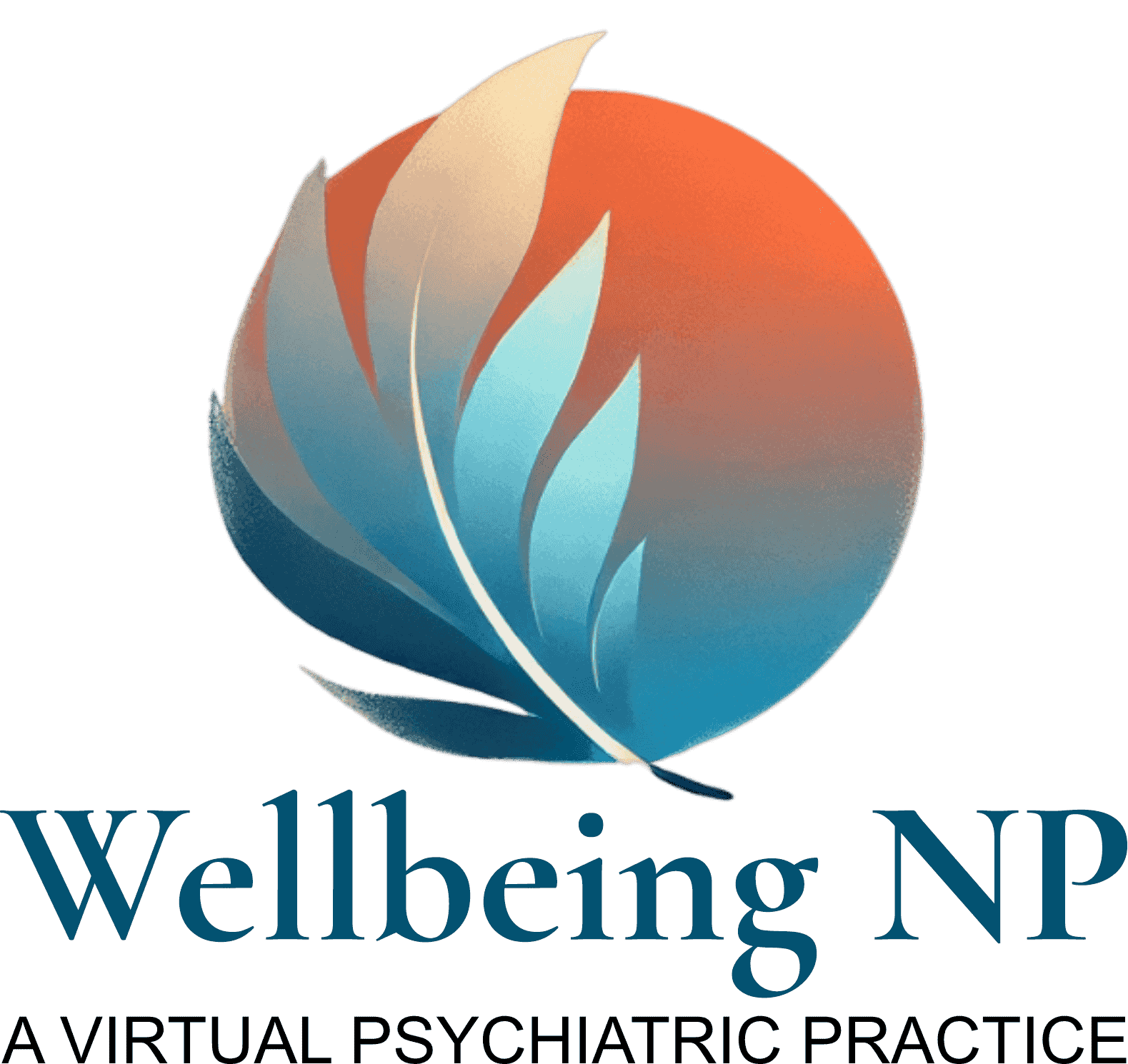
ADHD in Adults: How to Know if It’s More Than Burnout
Many high-performing adults hit a wall and assume it’s burnout. But what if it’s not just that?
Understanding the nuances of ADHD in adults can be challenging, especially as many individuals navigate life with high demands. In this context, recognizing the symptoms of ADHD is critical. For instance, adults might find themselves frequently losing track of tasks or feeling overwhelmed by responsibilities. They may also struggle with procrastination, often leading to a cycle of stress and anxiety. These challenges can manifest in various aspects of life, including work, relationships, and personal well-being. It’s essential to delve deeper into these symptoms to distinguish them from burnout, which is primarily a response to prolonged stress and often improves with adequate rest.
Adult ADHD often hides behind phrases like:
- “I work better under pressure”
- “I’m just disorganized”
- “I can’t seem to focus unless I’m panicked”
Sound familiar?
ADHD vs. Burnout: What’s the Difference?
Burnout is usually situational and reversible with rest.
ADHD is a neurological condition that affects focus, motivation, and organization — even when you’re not stressed or overworked.
Here’s a quick comparison:
- Trouble focusing
→ Burnout: Yes
→ ADHD: Yes - Sleep disruption
→ Burnout: Yes
→ ADHD: Yes - Pattern since childhood
→ Burnout: No
→ ADHD: Yes - Improves with vacation or rest
→ Burnout: Yes
→ ADHD: No - Feels like constant internal chaos
→ Burnout: Sometimes
→ ADHD: Often
While burnout can often result from workplace demands and an inability to balance personal and professional life, ADHD is rooted in brain chemistry and development. Adults with ADHD might experience ongoing difficulties with time management and organization that are not simply a result of their current workload, but rather a lifelong pattern. For example, they may consistently underestimate how long tasks will take, leading to chronic lateness or missed deadlines. This is distinct from burnout, where the individual may have previously managed tasks effectively before reaching a breaking point.
What Treatment Looks Like
🧠 Pharmaceutical options:
Stimulants like Adderall or Vyvanse
Non-stimulants like Strattera or Wellbutrin
🌿 Integrative supports:
- Omega-3s
- L-Theanine
- Mindfulness training
- Structured routines
- ADHD coaching
You don’t have to suffer in silence or self-diagnose based on social media.
If this feels familiar, I offer fast, discreet ADHD evaluations by telehealth — book a consult here.
Moreover, adults with ADHD often report feelings of restlessness and difficulty sitting still, which can be exacerbated in high-stress environments, leading to a misconception that they are simply experiencing burnout. However, it’s crucial to recognize that these feelings are part of a neurological condition that affects their ability to regulate attention and impulses, regardless of external circumstances.
Treatment for adult ADHD often involves a multifaceted approach, as not everyone responds the same way to medication. For instance, some individuals may find significant improvements with stimulant medications, while others may prefer non-stimulant options that carry fewer side effects. Additionally, lifestyle changes, such as incorporating regular exercise, can significantly impact symptom management. Exercise has been shown to enhance mood and cognitive function, providing a natural boost that is beneficial for those dealing with ADHD.
It’s also crucial to engage in ongoing self-advocacy and education about ADHD. Many adults find themselves in situations where they have to explain their condition to employers or loved ones. Resources, including support groups and educational workshops, can be invaluable in providing information and reducing stigma. By fostering an understanding of ADHD, adults can create a supportive environment that accommodates their unique needs, ultimately leading to better outcomes in both personal and professional spheres.
Furthermore, technology can be a significant ally for adults with ADHD. Many applications and tools are designed to enhance focus and productivity, offering reminders, time management aids, and organizational features that cater specifically to ADHD challenges. Utilizing these resources can help individuals stay on track and manage their tasks more effectively, reducing the feeling of being overwhelmed.
Finally, it’s essential to understand that living with ADHD does not have to be a hindrance. Many successful adults with ADHD have found ways to harness their unique perspectives and strengths. Creativity, resilience, and problem-solving skills are often heightened in individuals with ADHD, allowing them to excel in various fields. By embracing these traits and seeking appropriate support, adults with ADHD can create fulfilling lives that balance their challenges with their capabilities.








